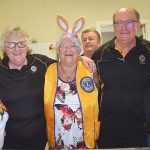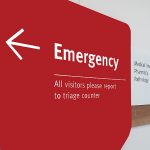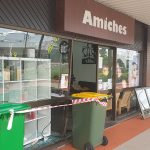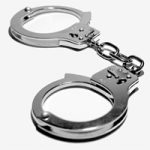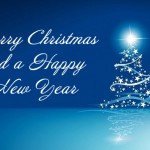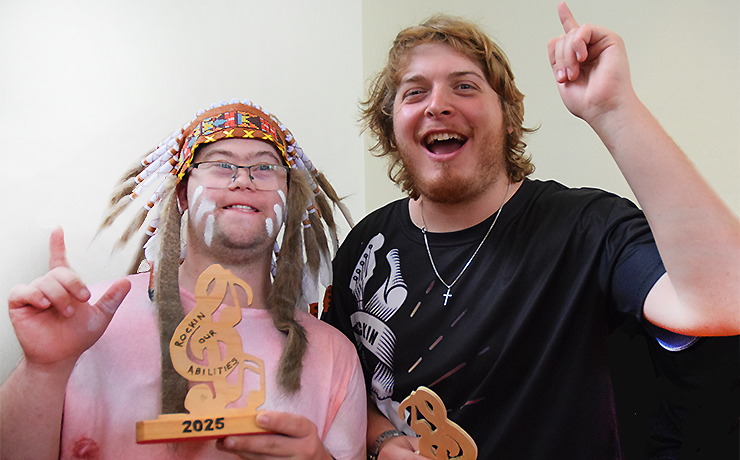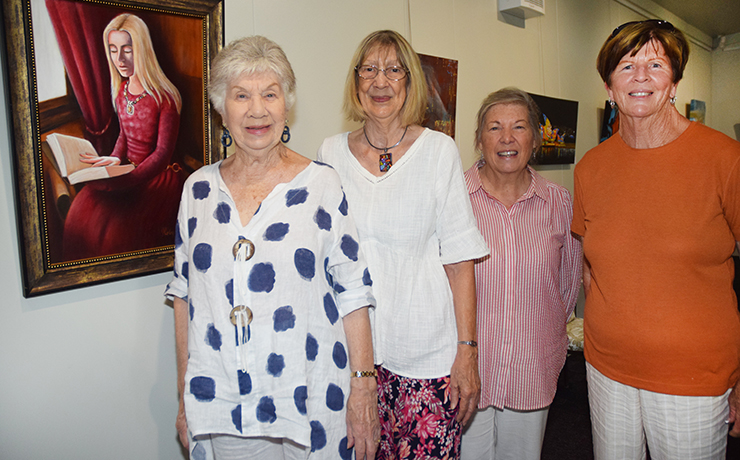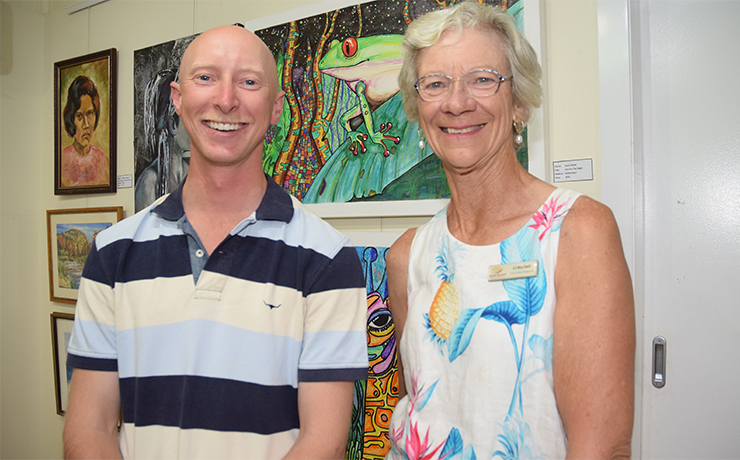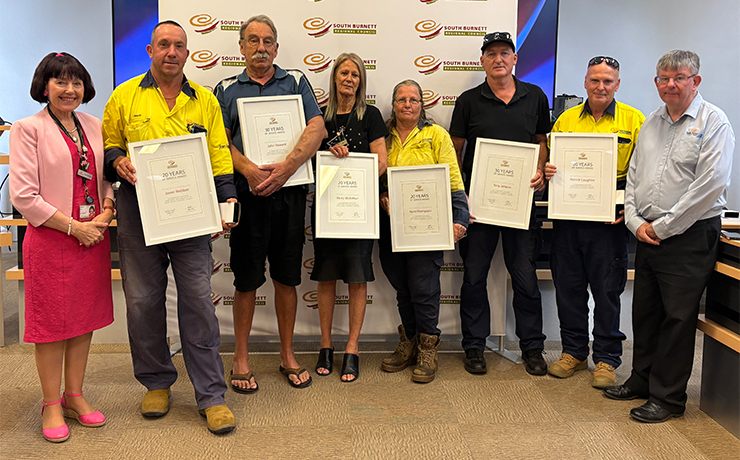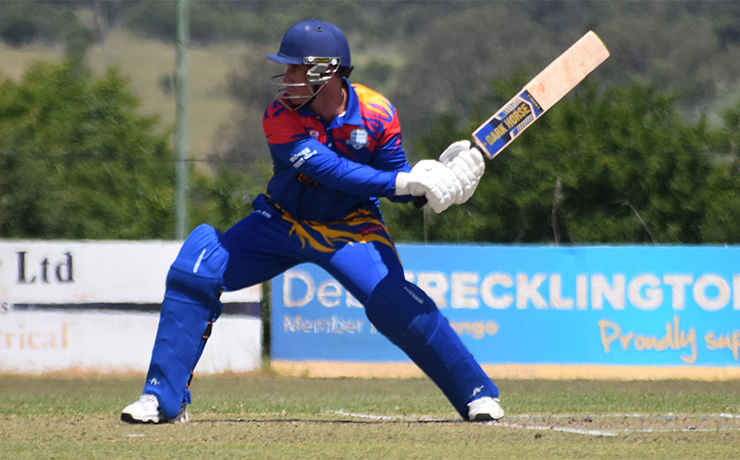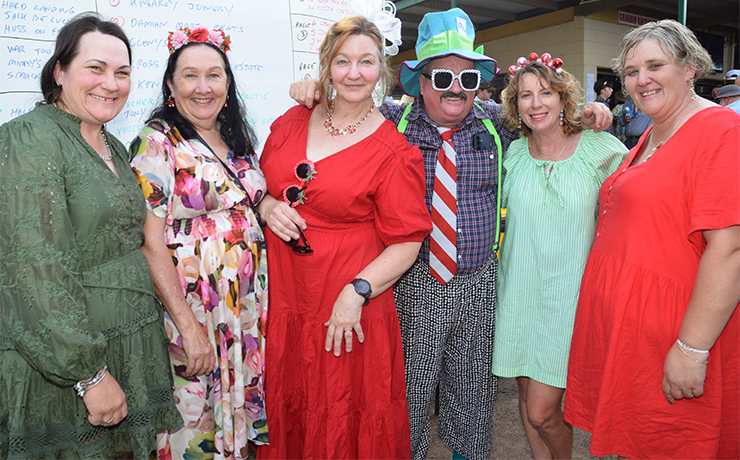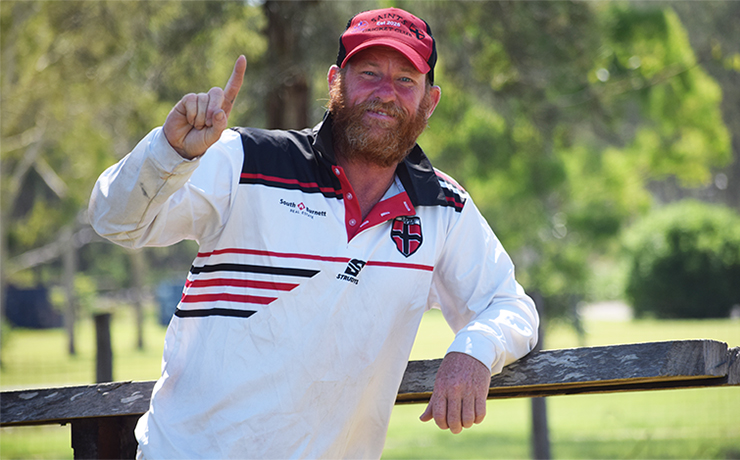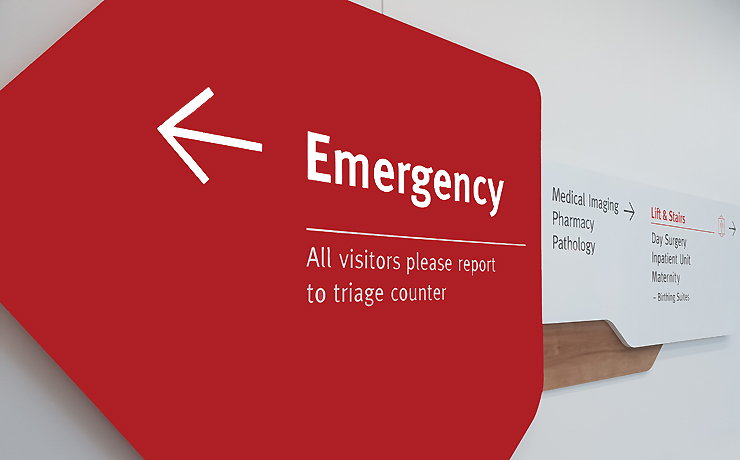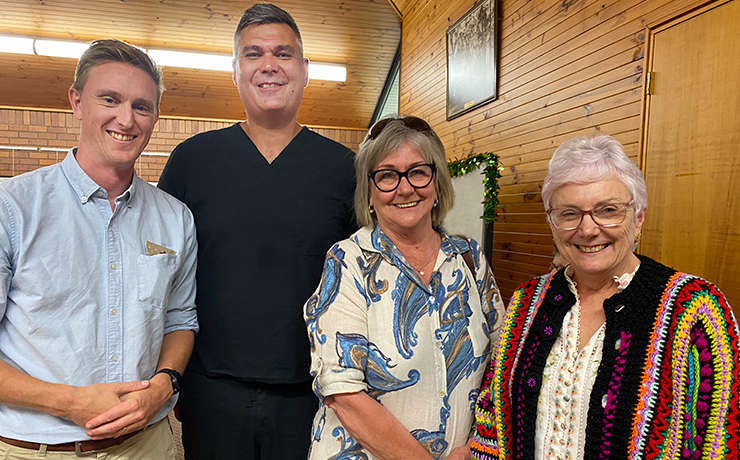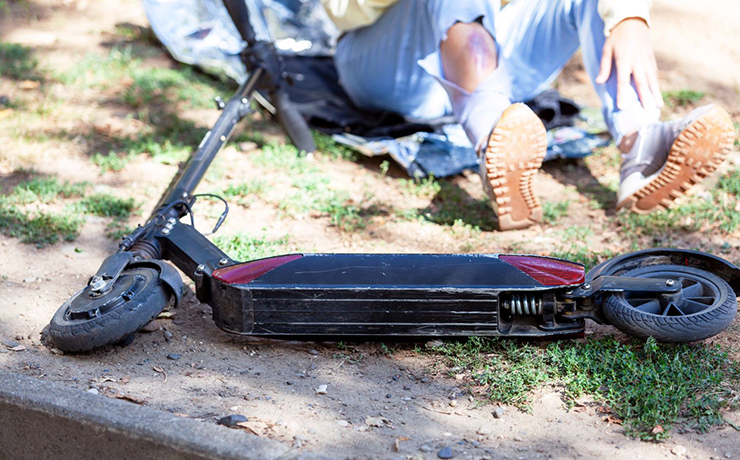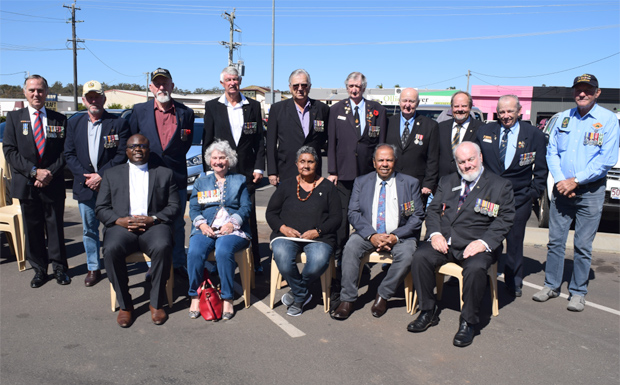
August 20, 2018
by Dafyd Martindale
This year’s Vietnam Veterans’ Day commemoration service in Kingaroy reflected on a century of sometimes turbulent but largely positive changes in Australian society and the RSL movement.
The service was held in Kingaroy RSL’s car park on Saturday morning and was addressed by guest speaker and former Cherbourg Mayor Eric Law AM, who set the theme of the day’s discussion by reflecting on the way Indigenous soldiers were treated after World War I, and the way he was treated himself when he returned from active service in Vietnam.
Eric told the 30 guests that when WWI broke out, Cherbourg man Thomas Blackman and his two brothers enlisted to fight for King and country.
When Thomas finally returned home to Cherbourg several years later with the one brother who survived, he had high hopes his family’s sacrifice would be rewarded with the same rights and privileges enjoyed by other Australians.
But as he soon discovered, his war service made no difference.
Thomas found himself once again a virtual prisoner in Cherbourg under the provisions of the Aboriginal Protection Act, without the right to vote and requiring written permission to leave the settlement.
Today Thomas Blackman’s letters expressing his feelings of disillusionment and betrayal can be found at The Ration Shed Museum where they form part of “Boys From Barambah” exhibition which commemorates the 47 Aboriginal men from the area who signed up to fight in World War I.
It would be nice to think that things improved over the following 52 years, Eric said.
But as he discovered when he returned from the Vietnam War in 1970, they hadn’t improved nearly enough.
His father Vincent took him to Murgon RSL to toast Eric’s safe return from the war, and share his pride that his son had followed the family’s proud tradition of military service.
But fellow RSL members – including people Vincent had formerly regarded as friends – poured derision on the pair, reducing his father to tears of bewilderment.
This led to a deep estrangement between Eric and the RSL that lasted the next 40 years.
However, there had been a rapprochement, thanks partly to Eric’s involvement with Cherbourg’s Junior Police Rangers.
The Rangers help arrange Cherbourg’s annual Anzac Day commemorations, and this association led to a renewed dialogue between Eric and the RSL.
Today, Eric is a proud member of Murgon RSL’s sub-committee, and in that role is now helping ensure veterans from modern-day conflicts in Afghanistan and the Middle East are treated with more compassion and understanding than he, Thomas Blackburn and thousands of other veterans received at the end of their service – Indigenous and non-Indigenous alike.
Eric said the very fact that an Indigenous former soldier could be guest speaker at a Vietnam Veterans’ Day commemoration service in Kingaroy showed things have changed for the better, and he was very honoured to be there.
Kingaroy RSL president Don Davey, a Vietnam veteran himself, confirmed Eric’s story.
“When I came back in 1970 I went to RSL to join up and was effectively told to sod off,” Don said.
“There was so much bitterness in the community about the Vietnam War that I was told it wasn’t a war at all, it was a police action.
“Well, if it was a police action it’s the only one I know where you could get shot by the enemy,” Don said.
It wasn’t until six years later that he gained RSL membership, and that was through the Geebung branch where his brother sat on the executive.
Don said in the early 1970s the RSL movement was controlled by WWI and WWII veterans who had gone through the horrors of trench warfare and jungle fighting, but had no real understanding of just how much – and how quickly – modern warfare had evolved, and the frightening psychological toll it took on servicemen and women.
The World War veterans also believed that only combat veterans were worthy of membership, while non-combatants filling indispensable positions in training, logistics, intelligence and many similar roles were not.
This view began to alter in the late 1970s, and in the early 1980s the RSL movement opened its arms to all ex-service people, no matter what role they filled in the armed services.
The RSL also expanded the support it provided to ex-servicemen to include psychological help to assist in helping heal the deep mental wounds many brought back from the battlefields.
These psychological wounds began to appear in abundance during the Vietnam era and have become one of the most common war afflictions ever since.
This year’s commemoration service was also attended by Father Chukwudi Chinaka from St Mary’s Catholic Church in Kingaroy, who read the Welcoming Prayer at the start of the service and gave the Benediction Prayer at its conclusion.
Well-known Kingaroy State High music teacher Matt Phillips, who has been a regular at Kingaroy’s Vietnam Veterans’ Day commemorations for many years, played the Last Post and Reveille, and Vietnam Veterans’ Association president Trevor Sanderson gave the Vote Of Thanks.
Afterwards, guests chatted over tea and coffee at the RSL’s Anzac Room, and reflected on the positive changes they’ve seen in Australia’s attitude towards its veterans during their own lifetimes.







